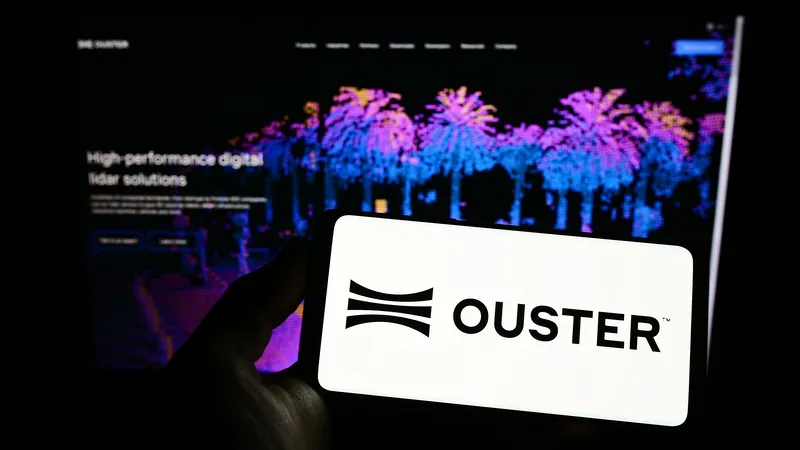Hella, a leading supplier of automotive lighting and electronics, will manufacture electronic products in Brazil in partnership with Sao Paulo-based Emicol, one of Brazil's leading producers of electronic and electro-mechanical components.
May 1, 2012
Read time: 1 min
Production of Hella body-control modules for a major global automotive manufacturer is expected to begin within the next 12 months at an Emicol Eletro Eletronica facility in Itu in the State of Sao Paulo, according to Dr. Martin Fischer, CEO of Hella's Electronics Division in the Americas. He also said that Hella sees the potential for considerable growth in Latin America for products such as accelerator pedal sensors, throttle position sensors, intelligent battery sensors and other electronic products.
Fischer noted that Hella recently completed a 50,000-square-foot addition at its San Jose Iturbide electronics plant north of Mexico City. This expansion will enable the company to increase production in a variety of components for customers in the US, Mexico, Brazil and Argentina, including accelerator pedal sensors, vacuum pumps, body control modules, transmission range








